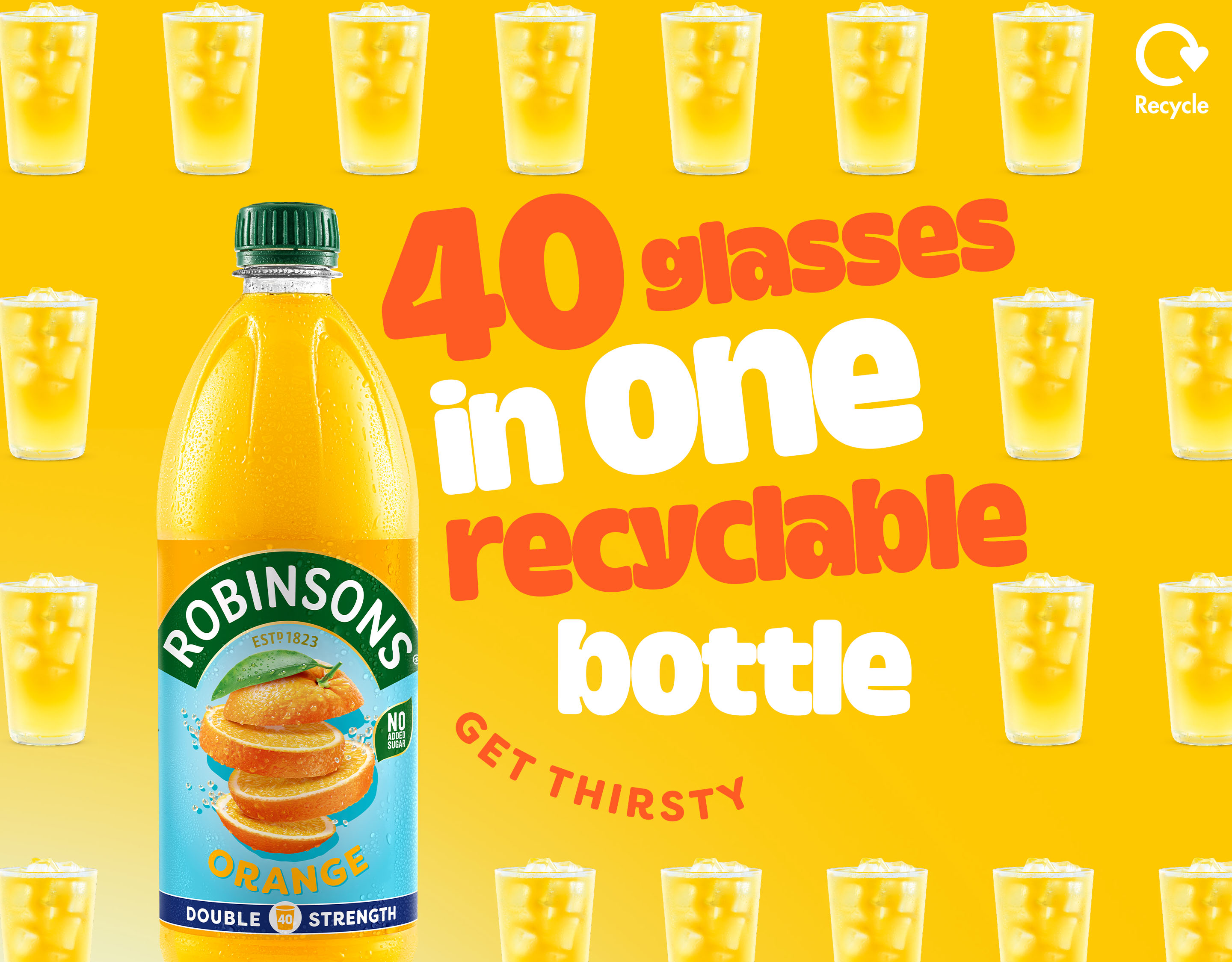
Recycle
Recycling plastic is essential because it helps reduce pollution, conserves natural resources, and minimizes the negative impact on ecosystems.
The process of recycling plastic bottles generally involves the following steps:
Most commonly, PET and HDPE (high-density polyethylene) bottles can be recycled. PET bottles are typically used for soft drinks, water, and other beverages, while HDPE bottles are used for milk, detergent, and personal care products. These materials can be recycled due to their stability, versatility, and ease of processing. Robinsons have made sure all the plastic in our packaging is recyclable.
Bottle caps can be recycled, but the process varies depending on the material. Most caps are made from polypropylene (PP) or HDPE, which are recyclable. However, caps should be left on bottles when recycling, as they can be too small to be processed separately. Consumers should look for recycling symbols and follow local guidelines to ensure proper recycling.
Reusing plastic bottles can be more sustainable than recycling, as it reduces energy consumption and waste. By reusing bottles, consumers can minimize their environmental footprint and extend the lifespan of the plastic. All these positive steps mean a better chance for the planet that the younger generation will be inheriting.
Recycling and reusing plastic bottles play a crucial role in mitigating the environmental impact of plastic waste. By understanding the recycling process and exploring creative ways to reuse bottles, individuals can make a positive difference and contribute to a more sustainable future.
Robinsons bottles are made to be recycled, so please give them a rinse and pop them in your closest recycle bin.